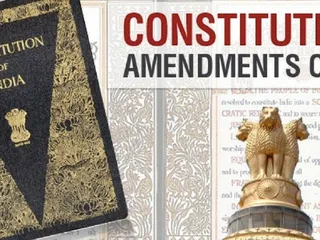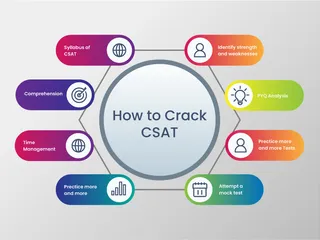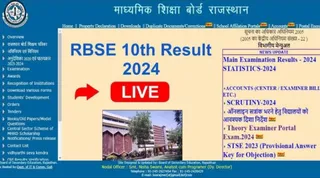An official name holds significant legal and social weight. It's the name officially recognized by government agencies and other institutions. Understanding its importance and legal implications is crucial for various aspects of life.
Why is an Official Name Important?
Your official name is the cornerstone of your legal identity. It's used to:
- Identify you on official documents: Passports, driver's licenses, birth certificates, and other essential documents rely on your official name for accurate identification.
- Access services and benefits: Obtaining government services, opening bank accounts, and securing employment often require verification of your official name.
- Establish legal standing: In legal proceedings, contracts, and property ownership, your official name is critical for determining legal standing and rights.
- Protect your identity: A consistent official name helps prevent identity theft and fraud.
Legal Implications of an Official Name
Changing your official name involves legal processes that vary by jurisdiction. Generally, you'll need to file a petition with a court or relevant government agency. Failure to use your official name on official documents can lead to complications and legal issues. For more detailed information on name changes in your specific region, consulting a legal professional or searching for relevant government resources is recommended.
Examples of Places Where Official Name is Required
- Government identification: Passports, driver's licenses, national ID cards
- Financial institutions: Bank accounts, loans, investments
- Employment: Job applications, payroll, tax forms
- Education: Enrollment in schools and universities
- Healthcare: Medical records, insurance claims
Maintaining accuracy and consistency in your official name is essential for smooth navigation through legal and administrative processes. Any discrepancies can create significant challenges and delays.
Disclaimer: This information is for general knowledge and informational purposes only, and does not constitute legal advice. For specific legal guidance, please consult with a qualified legal professional.








































 (24)jpeg-1722421859875.jpeg.webp)













